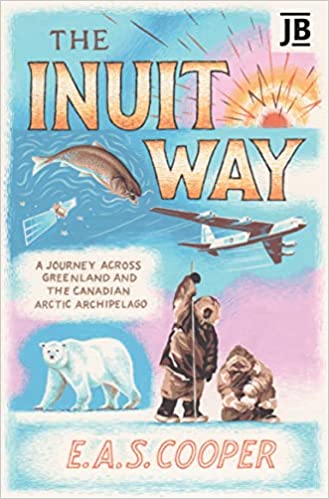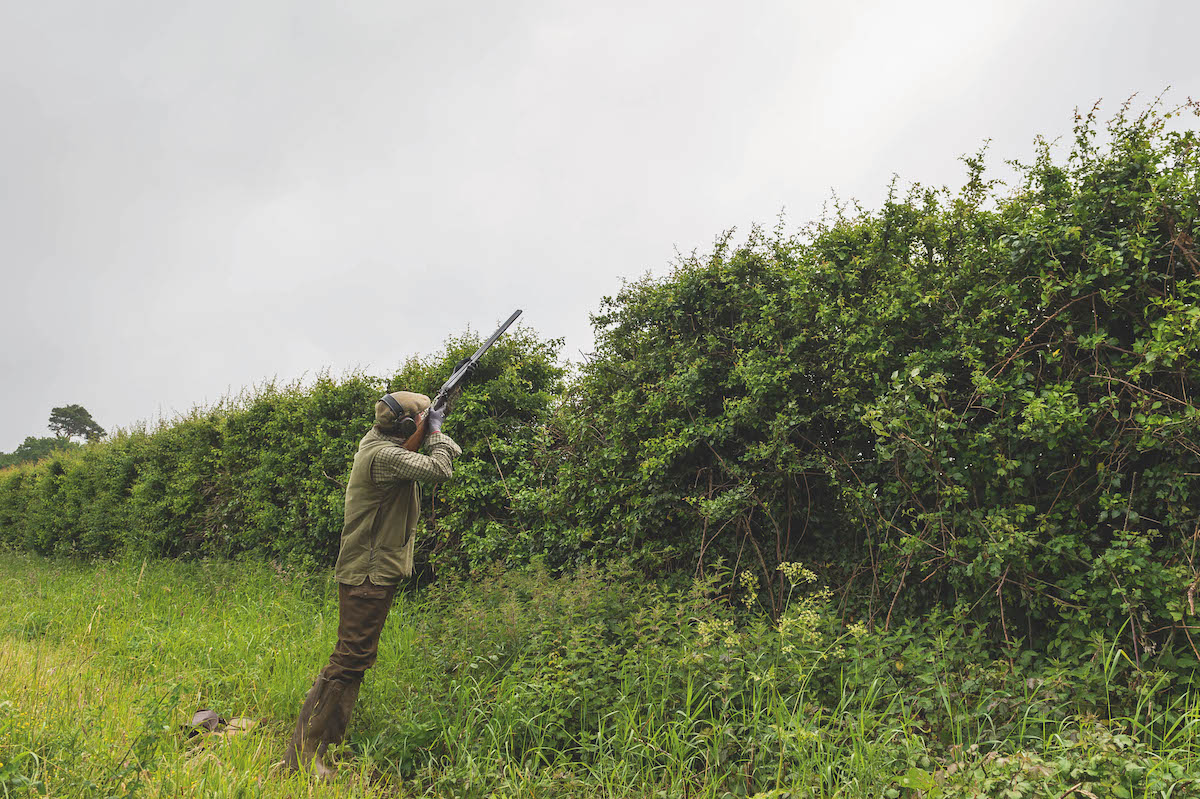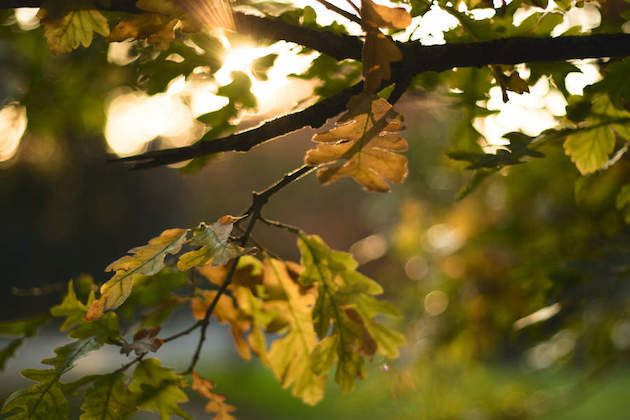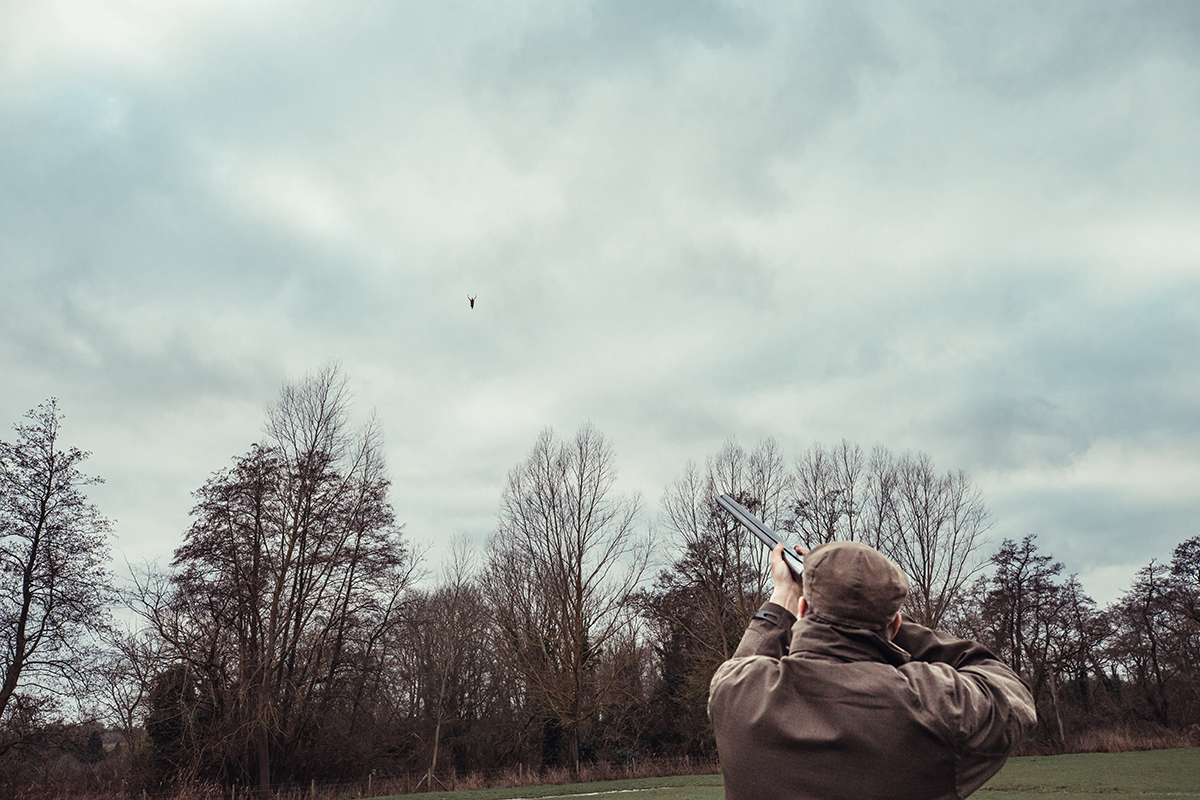Why do activists always think they know best?
The UK’s trophy import ban will impact local communities and do nothing to protect animals, but activists always seem to know best, comments Alasdair Mitchell

I was reading a fascinating new book called The Inuit Way — an account of an expedition from Greenland across the Canadian Arctic — when I stumbled across the following passage.
“A bigger impact, I was told, had been the in the 1970s when Greenpeace led a campaign against the import of sealskins to the EU. While its intentions were positive, its implementation was naïve and ill thought through…the campaign was deemed a success by the broader international community at the time. They had targeted mass-scale commercial seal hunting, but they had failed to consult many of the smaller communities that relied on sealskin exports to support a subsistence way of life.
“For many Inuit in Qaanaaq who lived in modern Danish housing, with the accompanying heating and water bills to pay, it meant that hunting was no longer a viable profession. For those that continued to hunt, it made life much harder for them. It caused huge damage to the community’s economy and its culture.”
The author notes the actions of Greenpeace left a lasting impression on the indigenous Inuit people of Greenland, giving them a cause to resent interfering outsiders. He continued: “It was partly because of the seal dispute and later another on fishing rights that Greenland left the EU in 1985 — only six years after gaining its autonomy from Denmark and long before the UK decided to do so.”
The author, Edward Cooper, is an accomplished explorer. Plotting the route of the expedition he led across the Arctic wilderness entailed tapping into the wisdom of Inuit hunters, for whom he has great respect. Mr Cooper happens to be an East Anglian wildfowler, so I suspect he has an understanding of the principles of sustainable hunting. He is not opposed to sensible conservation measures and describes some useful bird protection legislation in his book.
What happened to the Inuit people at the behest of animal rights activists bears startling similarities with what’s happening today with the move to ban the import of African hunting trophies. Once again, we see well-funded Western lobbyists ignoring the views of indigenous peoples — in this case, rural Africans — in the pursuit of legislative virtue signalling.
Sweeping ban
A sweeping ban on the importation of trophies catches a whole host of very common species, many of which owe their current good conservation status to funding from hunters. A ban won’t do anything to protect endangered animals, quite the reserve. It will impoverish rural communities and remove a powerful incentive to conserve wildlife.
This has been made clear by the governments of Zambia, Zimbabwe, South Africa, Namibia and Tanzania. The Namibia Chamber of Environment, which represents 70 local groups, pointed out that supporters of the trophy ban “do not live with difficult and dangerous megafauna” and accused them of a “paternalistic, arrogant and misinformed approach”, which risks driving African countries to look eastwards for future partnerships. Will the do-gooders never learn?









